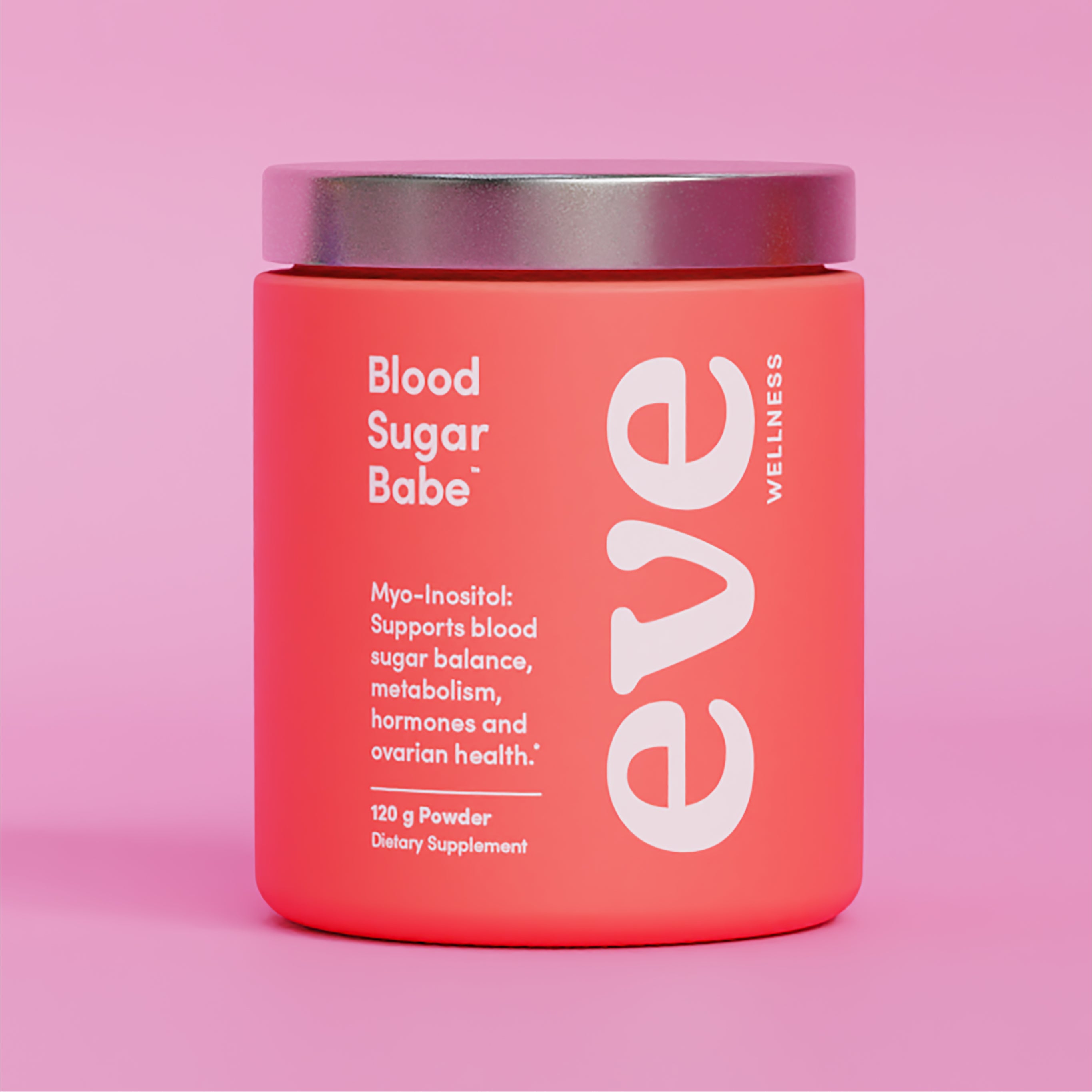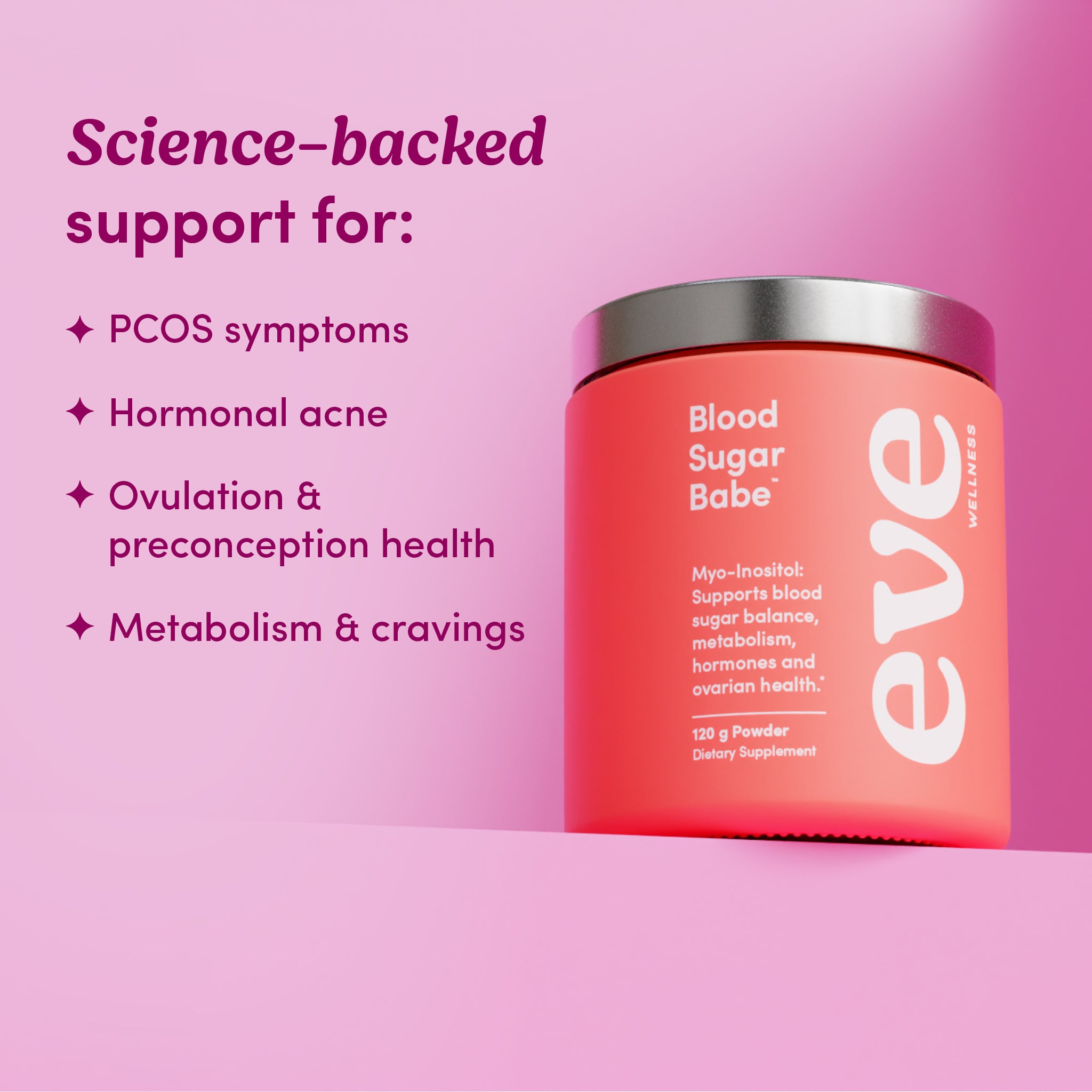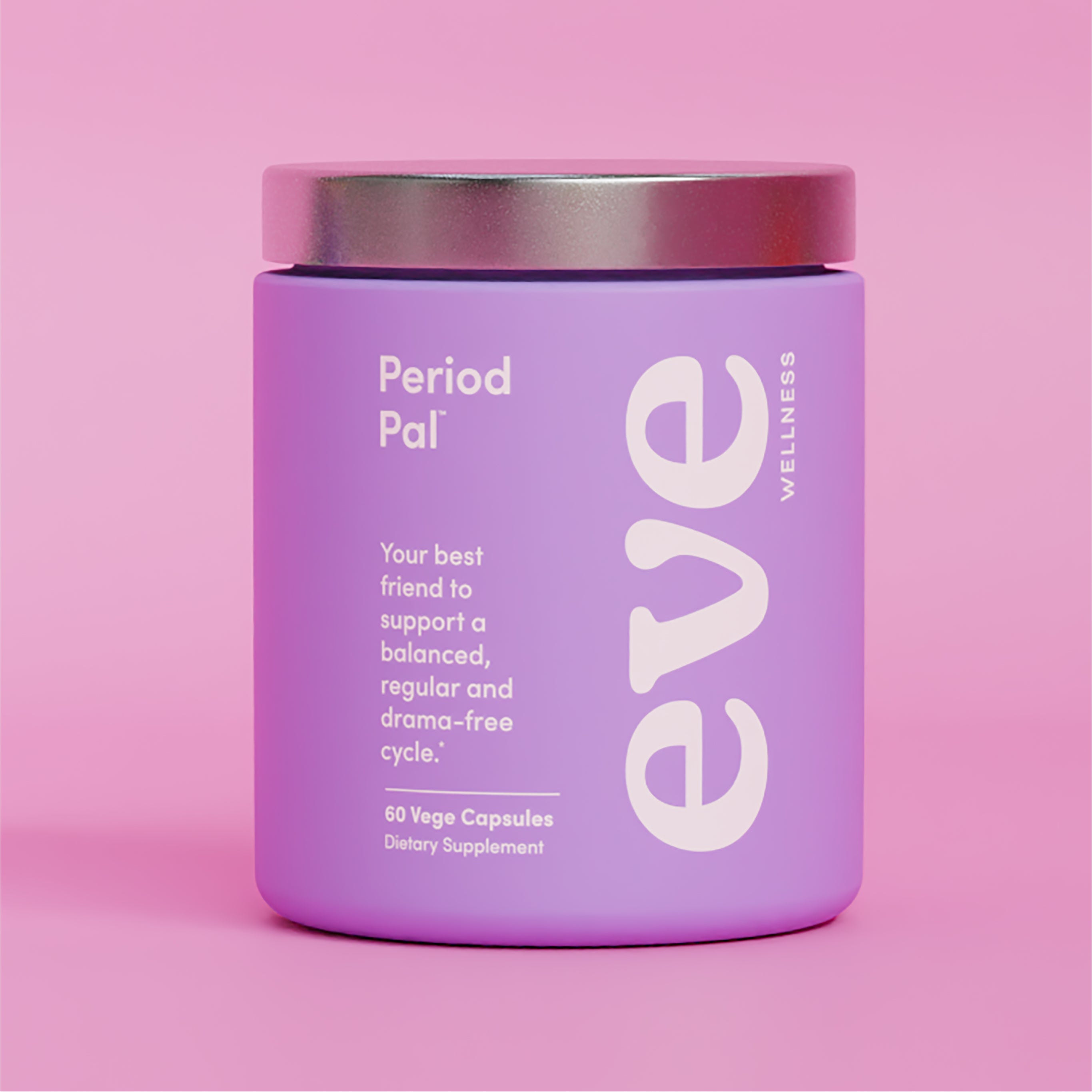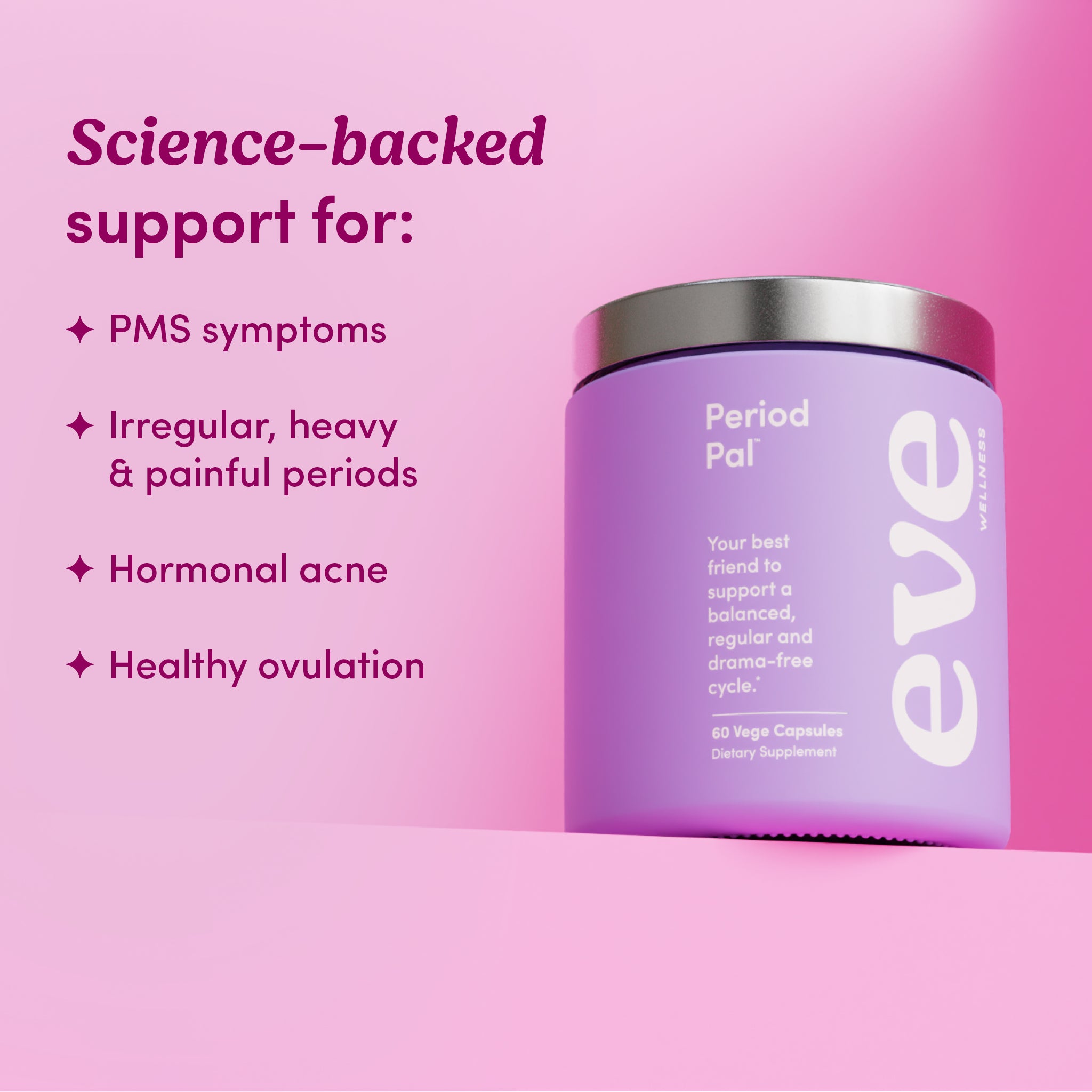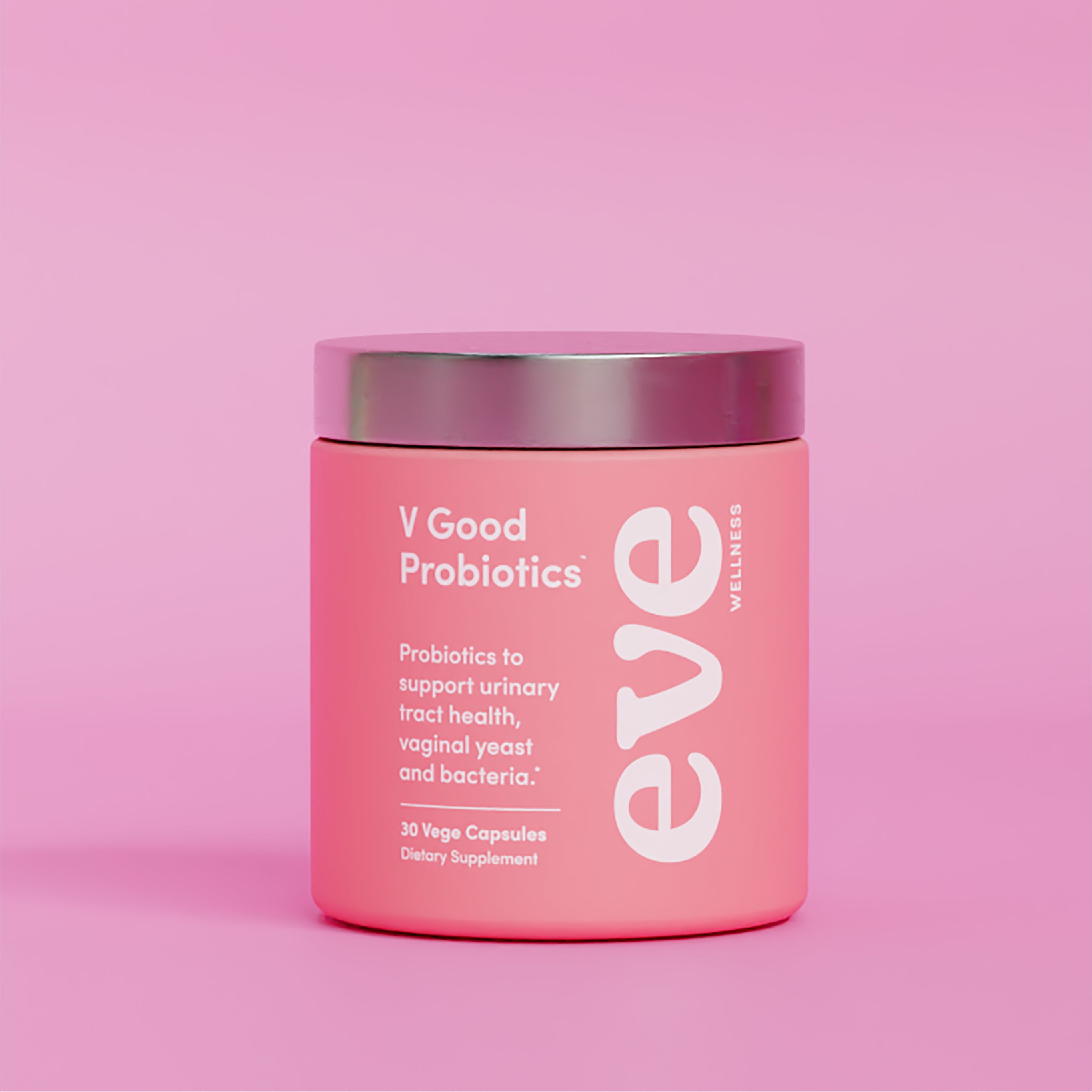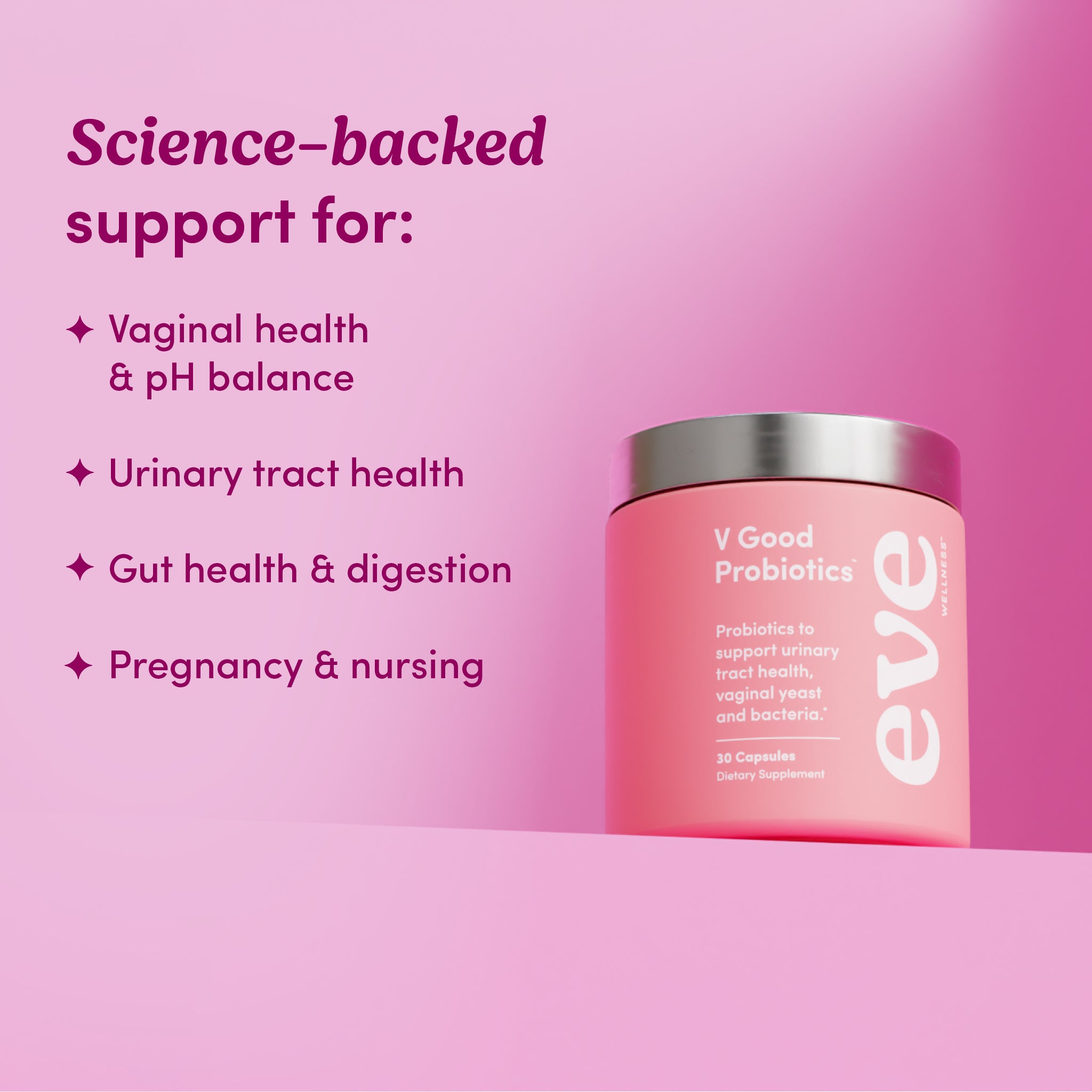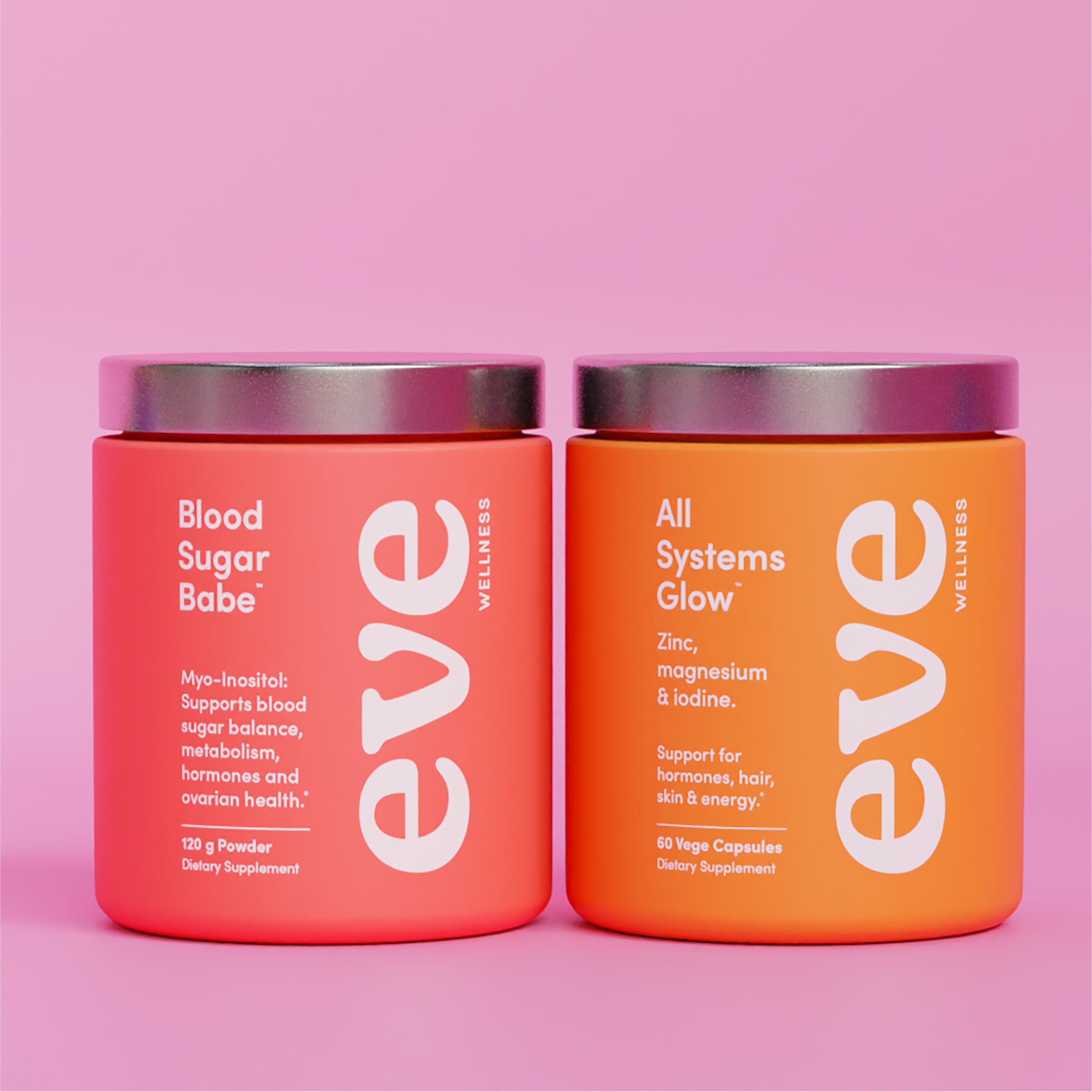Chances are, if you’re adulting in this fast-paced, modern world we live in, you probably know what it’s like to feel tired, or even exhausted, from time to time. It’s normal, natural and all part of being a human, rather than a machine.
But statistics show that many of us are experiencing a little more than the odd afternoon of drowsiness, with Google search terms for ‘fatigue’ up 40% since ‘04, and 45% of people who have tested their hormones with Eve telling us that low energy is impacting their life.
All of which is leading to a need to look a little deeper and figure out what’s driving the drowse.
This blog will touch on 8 key reasons for tiredness & fatigue:
- Low on key nutrients
- Hormone imbalances
- Under-eating
- Dehydration
- An under-active thyroid
- Too much (or too little) exercise
- Stress
- Not getting enough sleep.
Let’s dive in to explore these and, more importantly, find out what you can do about it.
1. LOW ON KEY NUTRIENTS
It takes a lot of lovely nutrients to carry out all of the chemical processes inside our body that make energy. Of particular importance are B-vitamins, especially B2, B6, B9, B12, which are all used in the process of converting the food we eat into energy at a cellular level.
Iron is another important mineral for energy production. We need iron to carry oxygen around the body in red blood cells which also help to make energy. Those most at risk of low iron levels (also known as iron deficiency anemia) are children, menstruating women, and pregnant women.
Without adequate amounts of these important nutrients on board, we can experience persistent tiredness, fatigue and weakness in the body.
The fix: Make sure you’ve got enough of these key nutrients in your tank. The most nutrient-dense foods include leafy greens, animal proteins, nuts, seeds, fruits and vegetables. Take Me With The Pill is your best bet for a nutrient top up if you’re on the pill, and Morning Person is loaded with high-quality B-vitamins to support optimal energy production.
2. HORMONE IMBALANCES
Cortisol is technically a ‘stress’ hormone, but it’s also our main daytime get-up-and-go hormone that peaks in the morning and drops off in the evening to help control our circadian rhythm or wake-sleep cycle. If our cortisol isn’t hitting a nice mid-morning peak and is more of a flat line on the floor, we can experience deep fatigue, no matter how much sleep we get, as well as imbalances in our other hormones.
Our key sex hormones oestrogen and testosterone are also important for supporting healthy energy levels, which is why we often feel most energised around ovulation, when both of these hormones are at their peak.
3. UNDER-EATING
With food as our fuel, powering up your body properly is paramount for energy. However, in a time where diet-culture would like us to think we require the same caloric intake as a toddler, it’s no surprise that many women are eating below what their body needs to feel energised and thrive.
It’s also worth noting that it’s not just eating enough that’s important, but eating the right foods to sustain you, too. We are all quite unique, and while some of us can last from breakfast until lunch on a bowl of porridge, others will need more of a protein-rich start to the day to feel full and sustained. The most important thing is to listen to your body and eat what works for you.
The fix: Make sure you’re eating regular meals, with a balance of carbohydrates, proteins and healthy fats, and enough energy (calories) to keep your bod fuelled and your blood sugar stable throughout the day.
4. DEHYDRATION
This one’s more of a quick fix so we’ll keep it snappy. Having enough water on board our bodies is essential for energy production, as our mitochondria need hydrogen (found in good old H2O) to make energy in our cells.
If you’re feeling tired and sluggish, it feels like your water is going straight through you, or you’re noticing your pee is on the darker side, chances are you could benefit from drinking more water.
The fix: Aim to drink at least 2l of water per day, and more if you are exercising. Adding electrolytes to your water can also help your body take on more water at a cellular level, which can be really helpful if you exercise a lot or have high levels of stress.
5. AN UNDERACTIVE THYROID
The thyroid is a small gland at the base of your neck that controls the speed at which your body converts fuel into energy—A.K.A your metabolism. If your thyroid isn’t functioning as well as it should, this can make you feel tired and sluggish, and is often accompanied by other symptoms such as weight gain and feeling cold all the time.
The fix: Consult your GP or other trusted practitioner to test your thyroid hormones, and make sure you are getting enough iodine, selenium, zinc and iron, as each of these nutrients are important for healthy thyroid function.
6. TOO MUCH (OR TOO LITTLE) EXERCISE
Exercising at a high intensity or for a prolonged period of time each day is naturally going to zap you of your precious energy reserves. Don’t get us wrong, exercise is a cornerstone of good health, but everything in moderation right? If you don’t have a lifestyle that allows you to recover like a professional athlete, don’t expect your body to train like one.
Going too hard on exercise can leave you wiped out and exhausted, yes, but a sedentary lifestyle isn’t great for your energy levels either. Moving your body for good health and energy is all about hitting the sweet spot in between these extremes—even if it takes a bit of trial and error to figure out what that looks like for you.
The fix: Find ways to move your body that you genuinely enjoy and leave you feeling energised and fresh.
7. STRESS
Along with interrupting sleep, influencing our lifestyle choices and tipping our hormones off balance, carrying around a mega stress load is about as energy-zapping as it gets. In fact, one of the biggest signs your stress levels have you heading towards burnout is constantly feeling tired and struggling to have enough energy to enjoy the things that would usually spark joy for you.
The fix: Find ways to reduce and manage stress where you can. Adaptogens such as the ashwagandha and rhodiola rosea in Morning Person can be helpful energy and nervous system supports, and it’s important to look at lifestyle changes too. Think meditation, mindfulness, journaling, yoga and oh if you can, book in a few stints of time off throughout the year to recharge.
8. NOT GETTING ENOUGH SLEEP
And to finish with the very obvious (but still very important), sleep is absolutely essential for good energy. We can all probably think of a time *or 10* when we were running on very little sleep and it really sucked.
Whether the things coming between you and your sleep are within your control (we’re looking at you Netflix) or beyond your control (small children, for example), focusing on getting more sleep, or getting better quality sleep when you get the chance, should be your first port of call for tiredness.
The fix: Getting good sleep starts with making sleep a priority. If you count 8 hours back from when you need to wake up in the morning, this should roughly be the time you’ll want to be tucked up in bed, drifting off to sleep. If falling asleep is what you struggle with, we find Chill Pills and meditation super helpful for quieting a chattery mind, and high-strength Magnesium or some yin yoga before bed to be great for full-body relaxation.
Low energy days and ongoing bouts of fatigue are not the ones. But figuring out the driving factors behind your tiredness is step one on the path back to a zesty life.
